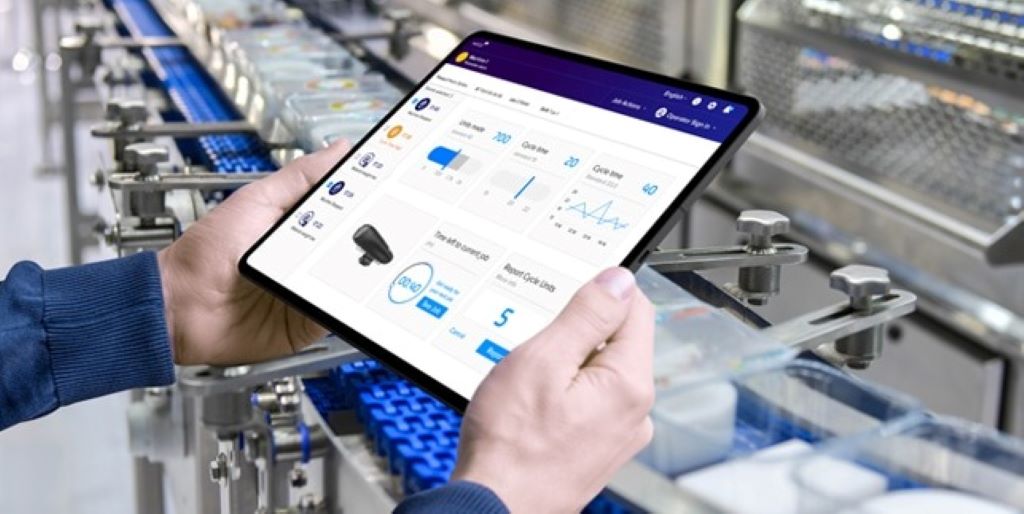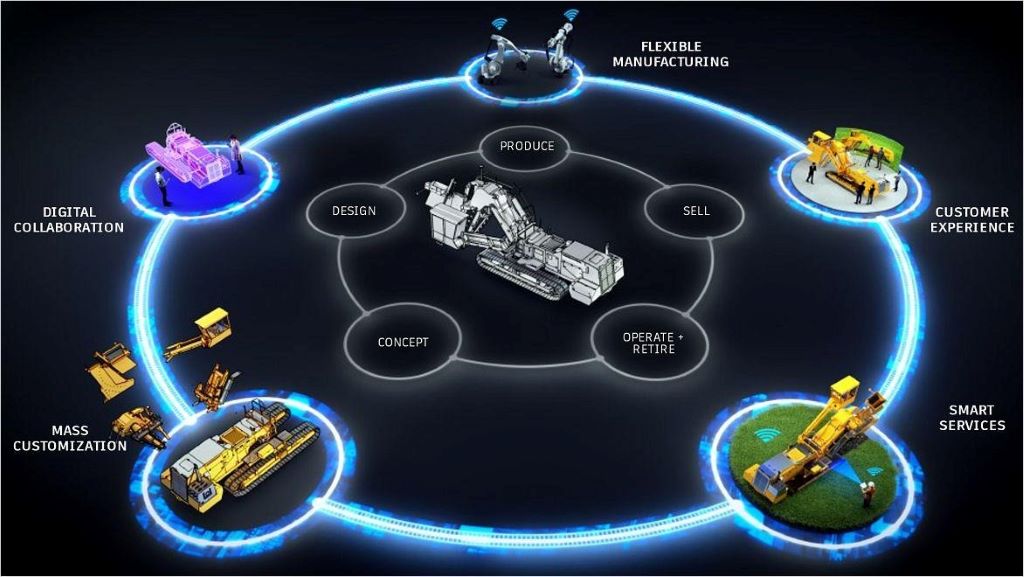Introduction: Why Smart Manufacturing Needs Specialized Product Development
The manufacturing industry is undergoing a massive transformation, driven by automation, artificial intelligence (AI), and the Internet of Things (IoT). Companies that fail to adapt risk falling behind competitors who leverage smart manufacturing technologies. But how can businesses ensure they’re building the right products for this evolving landscape?
The answer lies in product development services tailored for smart manufacturing. These services help businesses design, prototype, and deploy cutting-edge solutions that enhance efficiency, reduce costs, and improve scalability.
In this article, we’ll explore the key benefits of product development services for smart manufacturing, how they drive innovation, and why they’re essential for staying competitive.
-
Accelerated Time-to-Market
Why Speed Matters in Smart Manufacturing
In today’s fast-paced industrial environment, delays in product development can lead to missed opportunities. Product development services streamline the entire process—from ideation to production—ensuring faster deployment of smart manufacturing solutions.
How It Works:
- Rapid Prototyping:Advanced tools like 3D printing and simulation software allow quick iteration.
- Agile Development:Flexible methodologies ensure continuous improvements without bottlenecks.
- Automated Testing:AI-driven testing reduces manual validation time.
By leveraging these strategies, manufacturers can reduce development cycles by up to 50%, gaining a crucial competitive edge.
-
Cost Efficiency and Reduced Waste
The High Cost of Traditional Manufacturing
Traditional manufacturing often involves excessive material waste, rework, and inefficiencies. Smart manufacturing product development optimizes resource usage, minimizing expenses.
Key Cost-Saving Benefits:
- Predictive Maintenance:IoT sensors detect equipment issues before they cause downtime.
- Lean Manufacturing:AI-driven analytics identify waste and inefficiencies.
- Energy Optimization:Smart systems adjust power consumption in real time.
Companies that adopt these practices report up to 30% lower operational costs, making smart manufacturing a financially sound investment.
-
Enhanced Product Quality and Consistency
The Challenge of Maintaining Quality at Scale
Manual production processes are prone to human error, leading to defects and recalls. Product development services integrate automation and AI to ensure precision.
How Smart Manufacturing Improves Quality:
- Machine Learning (ML) Algorithms:Detect anomalies in real time.
- Computer Vision:Inspects products for defects with 99.9% accuracy.
- Digital Twins:Virtual replicas simulate performance before physical production.
These technologies result in higher-quality products and fewer defects, improving customer satisfaction and brand reputation.
-
Scalability and Flexibility
Adapting to Market Demands
Consumer needs and industry trends change rapidly. Smart manufacturing development ensures businesses can scale production up or down without major disruptions.
Scalability Advantages:
- Modular Design:Allows easy upgrades and customization.
- Cloud-Based Manufacturing:Enables remote monitoring and adjustments.
- On-Demand Production:Reduces overstock and storage costs.
This flexibility helps manufacturers respond to demand fluctuations efficiently, avoiding costly overproduction or shortages.
-
Integration of Cutting-Edge Technologies
Staying Ahead with Innovation
Smart manufacturing thrives on emerging tech. Product development services help integrate the latest advancements seamlessly.
Key Technologies in Smart Manufacturing:
- Industrial IoT (IIoT):Connects machines for real-time data exchange.
- AI & Big Data Analytics:Optimizes production workflows.
- Robotic Process Automation (RPA):Handles repetitive tasks with precision.
By adopting these innovations, manufacturers boost efficiency, reduce errors, and unlock new revenue streams.
-
Improved Supply Chain Management
The Role of Smart Manufacturing in Supply Chain Optimization
A disrupted supply chain can halt production. Smart product development enhances visibility and coordination across the supply network.
Supply Chain Benefits:
- Real-Time Tracking:IoT sensors monitor shipments and inventory.
- Demand Forecasting:AI predicts material needs accurately.
- Blockchain for Transparency:Secures transactions and reduces fraud.
These improvements lead to faster deliveries, lower costs, and stronger supplier relationships.
-
Sustainability and Eco-Friendly Manufacturing
The Growing Demand for Green Manufacturing
Consumers and regulators are pushing for sustainable practices. Smart manufacturing development helps companies reduce their environmental footprint.
Sustainable Manufacturing Solutions:
- Energy-Efficient Systems:Smart grids minimize power waste.
- Recyclable Materials:Advanced R&D identifies eco-friendly alternatives.
- Waste Reduction:AI optimizes material usage.
Businesses that embrace sustainability attract eco-conscious customers and comply with regulations more effectively.
-
Competitive Advantage in the Industry
Why Smart Manufacturing is a Game-Changer
Companies that invest in smart manufacturing product development gain a significant lead over competitors still relying on outdated methods.
Competitive Benefits:
- Higher Productivity:Automation speeds up production.
- Better Customer Insights:Data analytics refine product offerings.
- Innovation Leadership:Early adoption of tech sets industry standards.
Staying ahead means dominating the market and securing long-term growth.
FAQs About Product Development for Smart Manufacturing
-
What is smart manufacturing?
Smart manufacturing uses IoT, AI, and automation to optimize production processes, improving efficiency and reducing costs.
-
How do product development services help smart manufacturing?
They provide specialized expertise in designing, prototyping, and deploying advanced manufacturing solutions.
-
What are the cost benefits of smart manufacturing?
Reduced waste, predictive maintenance, and energy savings can cut operational costs by 20-30%.
-
Can small manufacturers afford smart manufacturing solutions?
Yes, scalable and modular solutions allow businesses of all sizes to adopt smart manufacturing incrementally.
-
What technologies are essential for smart manufacturing?
Key technologies include IIoT, AI, robotics, digital twins, and blockchain for supply chain management.
Conclusion: Unlock the Future of Manufacturing
The benefits of product development services for smart manufacturing are undeniable—faster production, lower costs, superior quality, and unmatched scalability. As Industry 4.0 reshapes the manufacturing landscape, businesses must embrace these innovations or risk obsolescence.
Ready to Transform Your Manufacturing Process?
Partner with a leading product development service today and take the first step toward a smarter, more efficient future. Contact us now for a free consultation!
Read More: The importance of embracing new and emerging technologies for success in journalism and marketing


